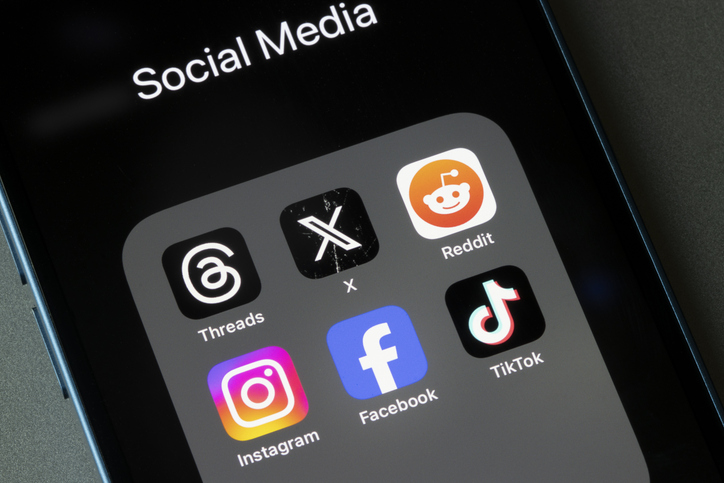Available 24/7
Se Habla Español
Free Case Evaluation
Evaluación gratuita de caso
(919) 438-0065

Social media has transformed personal injury litigation, affecting both case strategies and outcomes. Platforms like Facebook, Instagram, and Twitter make it easy for individuals to share details of their lives sometimes to their own detriment. Posting activities that contradict injury claims, such as attending events or engaging in sports, can undermine credibility and serve as evidence for the defense.
Attorneys and insurance companies routinely monitor social media for inconsistencies in plaintiffs' claims. Even innocent posts can be used to question the severity of injuries, delay settlements, or deny claims altogether. Plaintiffs are advised to limit online activity, adjust privacy settings, and avoid discussing their case on social media.
Jurors may also be influenced by online content, forming opinions based on information not presented in court. Given these risks, maintaining a low profile on social media is crucial. Consulting a legal professional on best practices can help protect a claim and ensure a fair legal process.
Can Insurance Companies Access My Social Media?
Yes. Insurers regularly review public social media profiles to find evidence that could impact a claim. While they must follow legal guidelines, any publicly available content can be used against a claimant. To mitigate risks, individuals should enhance privacy settings or temporarily deactivate accounts during litigation.
Harmful Social Media Posts in Personal Injury Cases
Certain posts can damage a claim, including:
- Photos or videos of physical activities that contradict injury claims.
- Statements about recovery progress that differ from medical reports.
- Comments about settlements or frustrations with the legal process.
- Check-ins or tagged locations that imply a more active lifestyle than reported.
To protect their case, plaintiffs should avoid posting about their injuries, legal proceedings, or daily activities that could be misinterpreted. Legal guidance on social media usage can help prevent complications and support a stronger claim.
Call Us At
919-438-0065
105 S Ellington St, Clayton, NC 27520
124 St Marys St Ste 201, Raleigh, NC 27605
800 W Williams St #250 Apex, NC 27502
Clayton Office:
Phone : 919-438-0065
Raleigh Office:
Phone : 919-471-3200
Apex Office:
Phone : (919) 944-4630
105 S Ellington St, Clayton, NC 27520
124 St Marys St Ste 201, Raleigh, NC 27605
800 W Williams St #250 Apex, NC 27502
Copyright @2026 The Law Offices Of Paul Robinson. All Rights Reserved.
This site is for information purposes only. No attorney-client relationship is created by use of this site. No legal advice is intended by its use. An attorney-client relationship is only created speaking to an attorney and signing a representation agreement.
By providing your phone number, you agree to receive text messages from Paul Robinson Law, PLLC. Message and data rates may apply. Message frequency varies.

